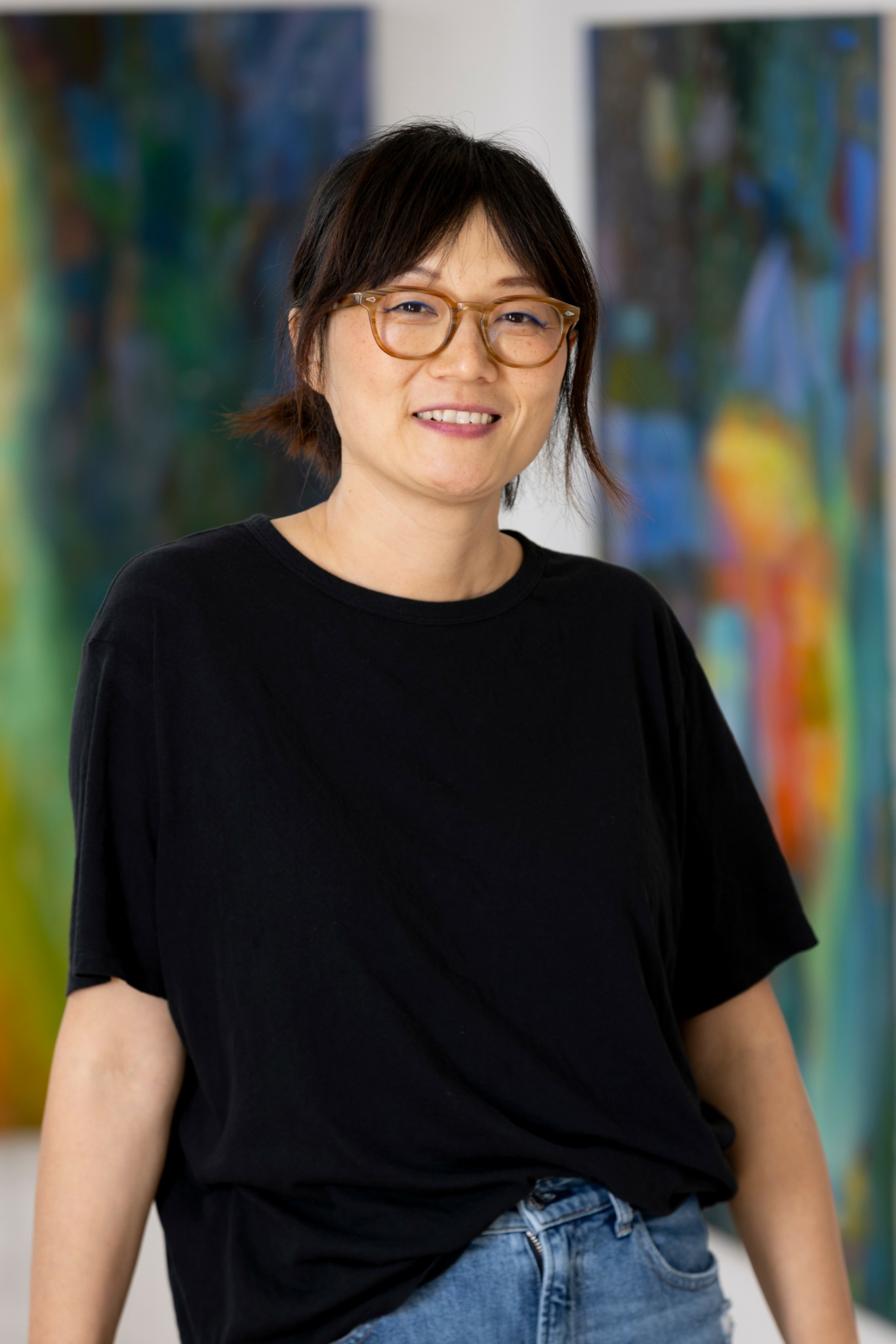Alright – so today we’ve got the honor of introducing you to Yameng Lee Thorp. We think you’ll enjoy our conversation, we’ve shared it below.
Yameng, looking forward to hearing all of your stories today. Do you think your parents have had a meaningful impact on you and your journey?
It was in the early 90s, my parents left their stable teaching jobs and moved to South Africa- still during Apartheid then, to work in factories. Why they did that I would never understand, but I have to think that it was driven by a desire to live a very different life to the one they knew. After apartheid ended, they brought me over to live with them in Durban – a tropical beachside city in the eastern part of the country in an area called Kwazulu-Natal. Being a pre-teen, I hated moving there. I really struggled to integrate into a completely foreign society, struck both by its troubled history and stark natural beauty. It was just sheer shock to the system for me compared to the world I had left behind.
My parents had a clothing store and I would spend hours after school helping them there. My Dad was an artist, and despite having to give up his practice, he kept it going and would make these little clay sculptures in the back of the shop. I remember vividly, the pottery wheel, clay and his tools sitting amongst all the silk garments my Mom had imported from Hong Kong. Looking so out of place, there they were and always invited onlookers to come into the shop if not for the silk shirts, to inquire about what he was making.
Growing up there, I couldn’t understand why my parents wanted to live in a place that was so filled with violence, racial segregation, subtle and not so subtle prejudices in every facet of life. Yet it was also a place filled with a lot of beauty, warmth and soul, a place where multiple truths co-existed. It wasn’t until after I moved to the US did I realize that living there was a gift. I’m grateful that my parents took the risk that they did so that I could experience a different life.
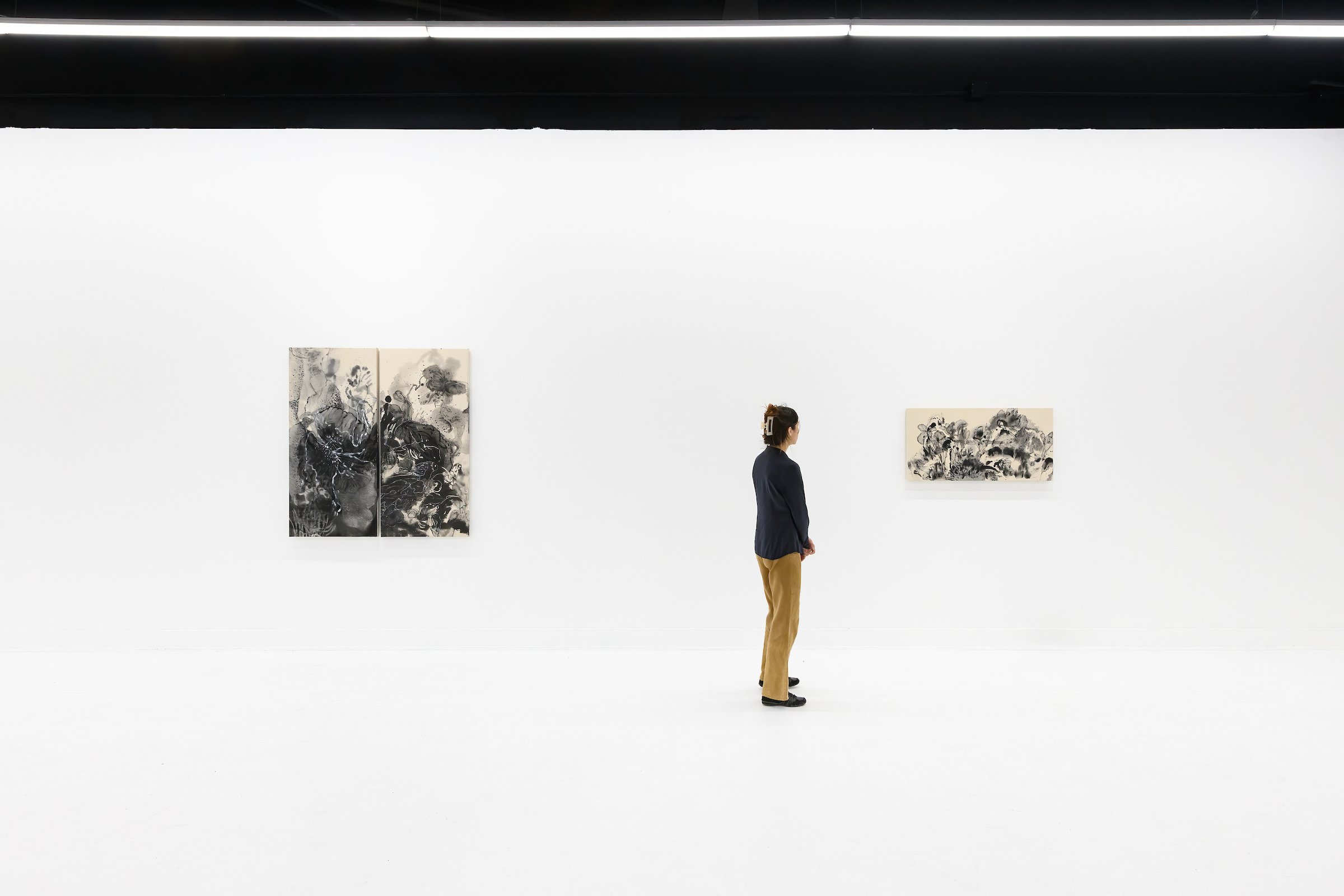
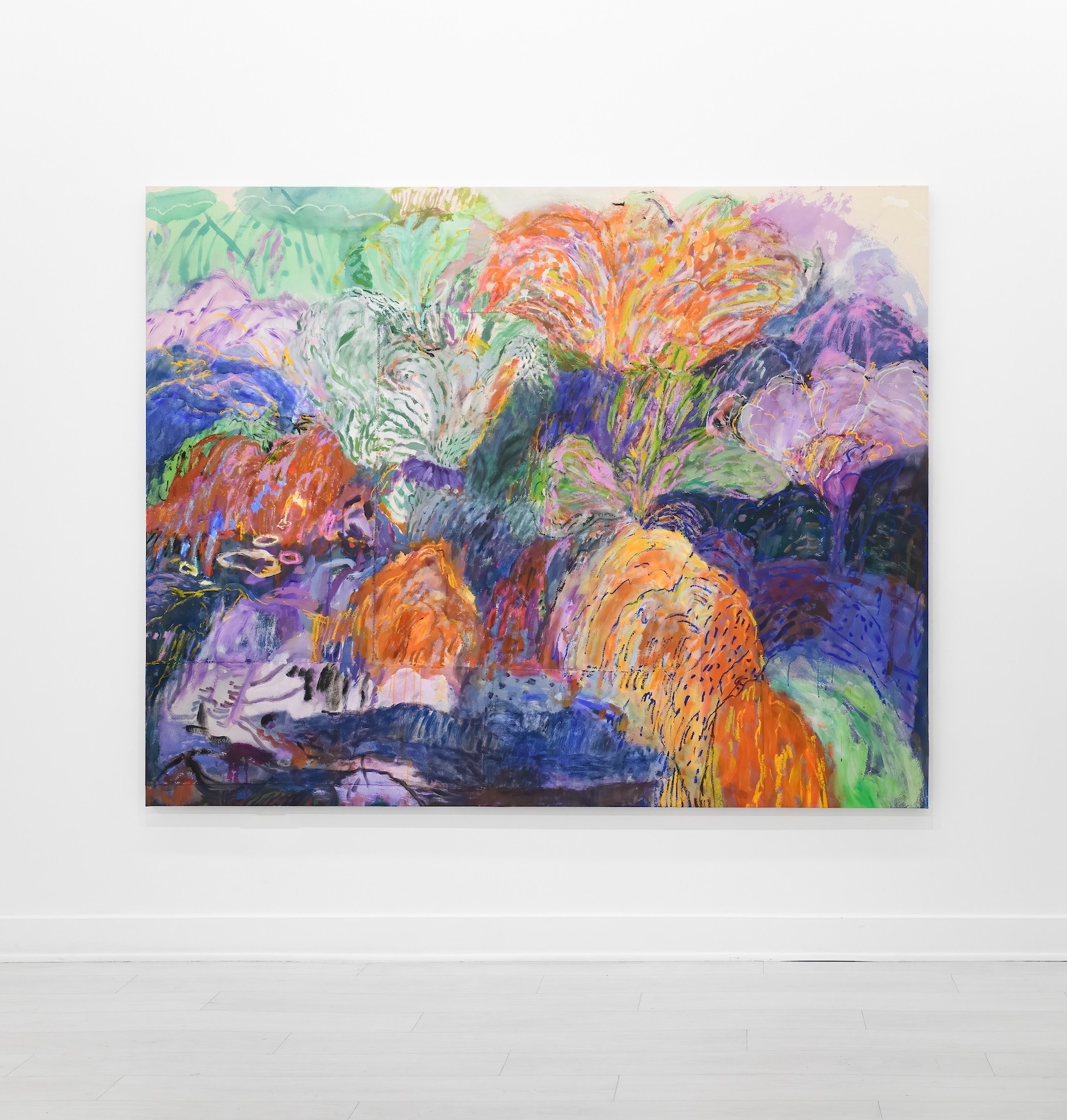
Yameng, love having you share your insights with us. Before we ask you more questions, maybe you can take a moment to introduce yourself to our readers who might have missed our earlier conversations?
I am a designer by day and a painter by night. I also have a daughter so basically I’m burning the candle on 3 ends. Earlier on in my career I wanted to be an animator and landed up working on TV commercials and music videos. But it wasn’t creative enough for me and I felt like I was producing other people’s ideas and decided to branch out. It was a combination of luck and also having the skills in animation, I was awarded a scholarship to study Interaction Design in Italy. This experience eventually led me to pursue a career in design for the last 15 years. Although it’s been some time since my education in Fine Art, I’ve always maintained a studio practice. First in the corridor of our one bedroom apartment in Berkeley, and then moving to real studios years a later, the work itself also evolved from small abstract watercolors on paper to now larger paintings on canvas using oil and pigment.
My work is evolving as it sits on the train of world-building. Currently, I’m exploring power, and the inherited structures that shape how we see ourselves and the world.
I’m really interested in making work that challenges, unsettles, and holds space for complexity. Painting, for me, is a way of thinking. It’s a way of working through memory, erasure, and the contradictions we carry.
My earlier work was vibrant and saturated with color—very gestural with a lot of movement, and lots of layered marks created using a mix of mediums. For my most recent body of work I chose a restricted palette of black, white and red. I became interested in distilling emotions down to a single color. The decision to work with just one color was emotional—black, for me, is not absence, but neutrality and power. It’s a form of documentation too. I like how it is used in film, and I wanted to explore black as a way to capture an internal landscape. It also has the meaning of bearing witness to a crime, it’s a tool for erasure of certain parts of history, to redact, censor and remove.
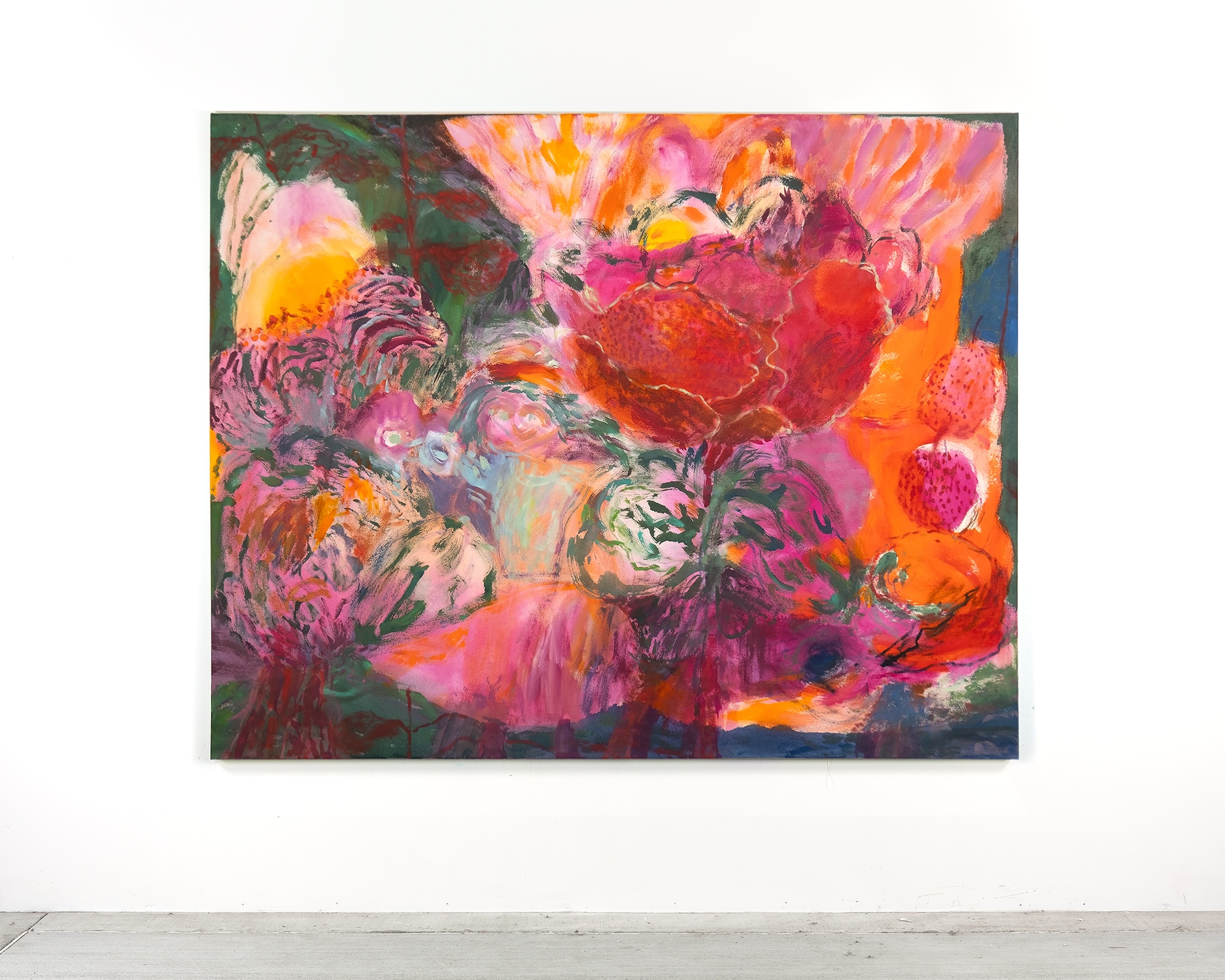
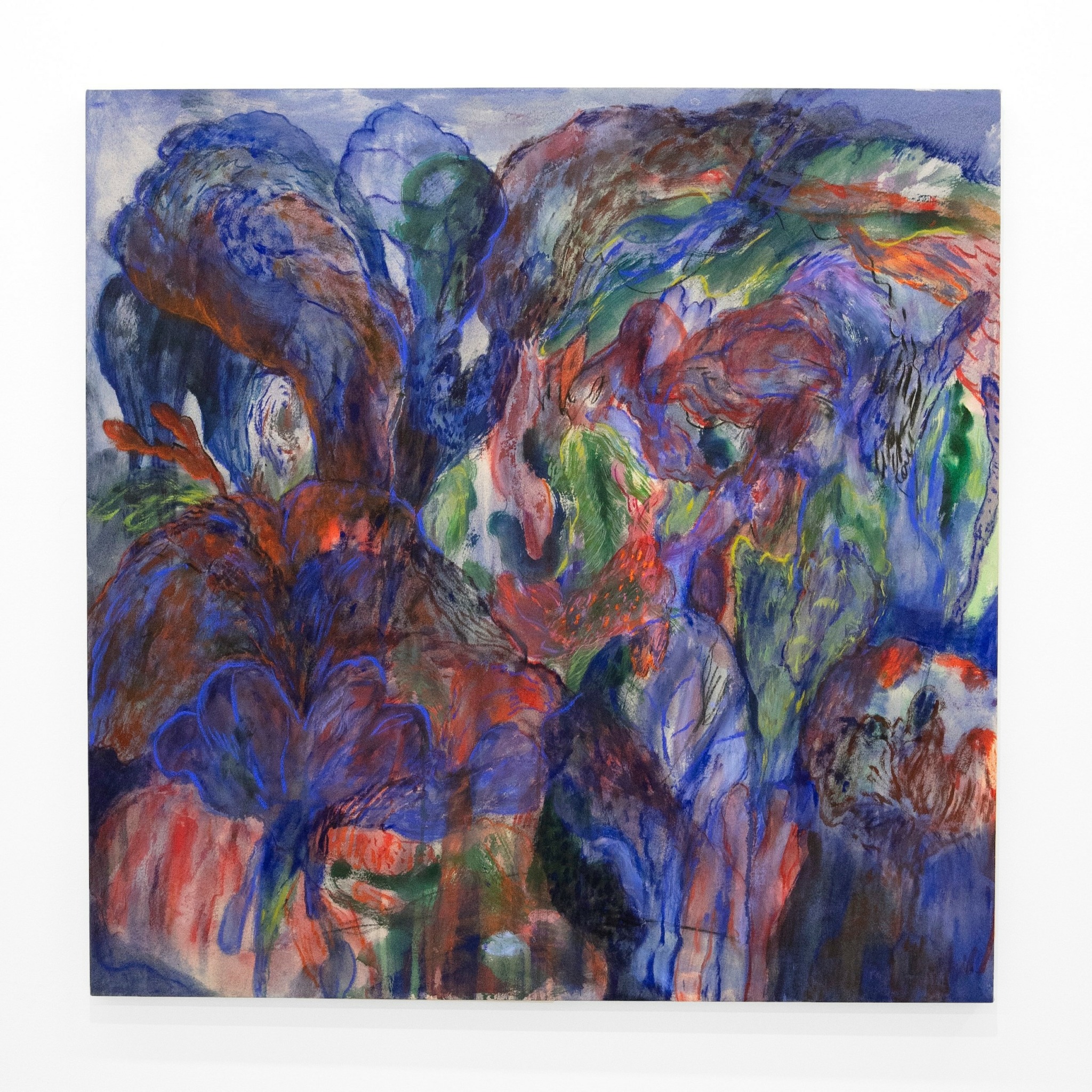
Alright – so here’s a fun one. What do you think about NFTs?
It feels very out of touch with the world.
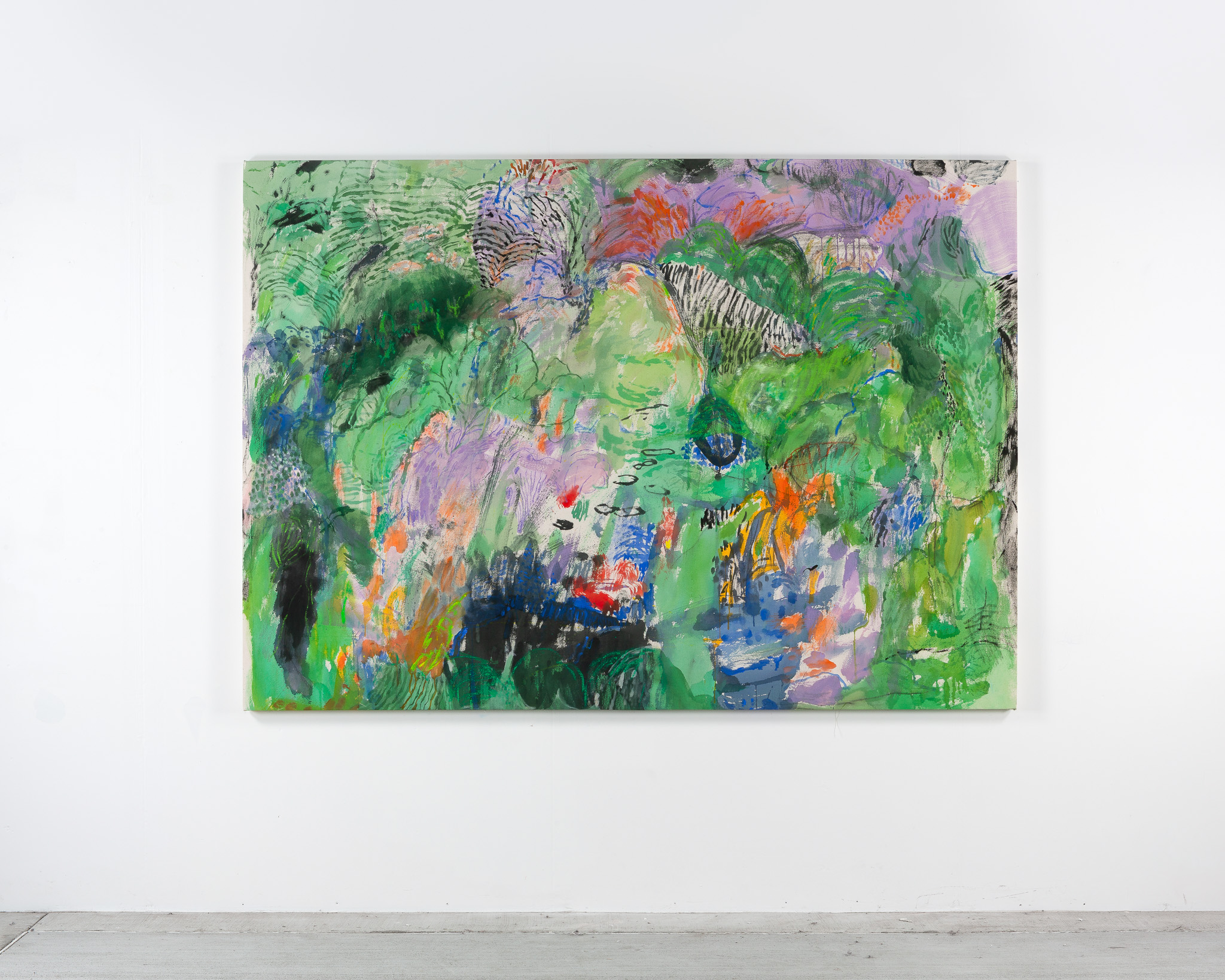
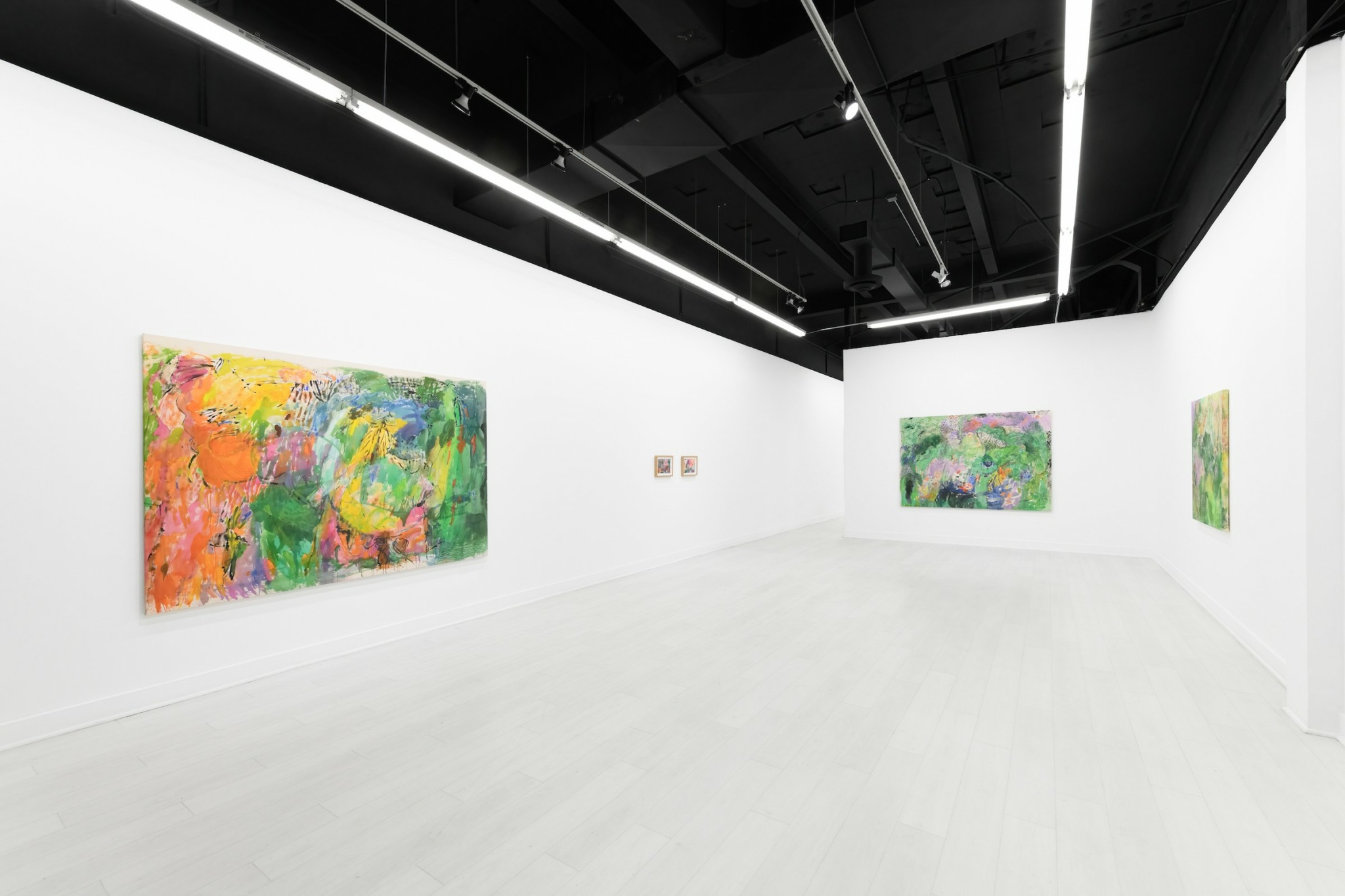
Can you share a story from your journey that illustrates your resilience?
Growing up with working parents, I was left to my own devices for the most part. I spent a lot of time playing with the neighborhood kids in the concrete factory behind our apartments. Without a playground nearby, we would meet there everyday. I mean as kids, we just didn’t know how dangerous the place was… There were construction materials everywhere, machinery, tools.. I still have vivid memories of us running through gigantic concrete pipes; climbing on trucks and crawling around concrete blocks and in between mangled steel, it was a dangerous paradise! Now that I’m a parent I cringe when I think about it, but it definitely left an impression on me, like how to make something out of nothing. It gave me an early sense of autonomy, and it probably shaped the way I now approach art – build a world in an unlikely place amongst danger, play and chaos.
Contact Info:
- Website: https://www.yamengleethorp.com
- Instagram: https://www.instagram.com/yamengleethorp
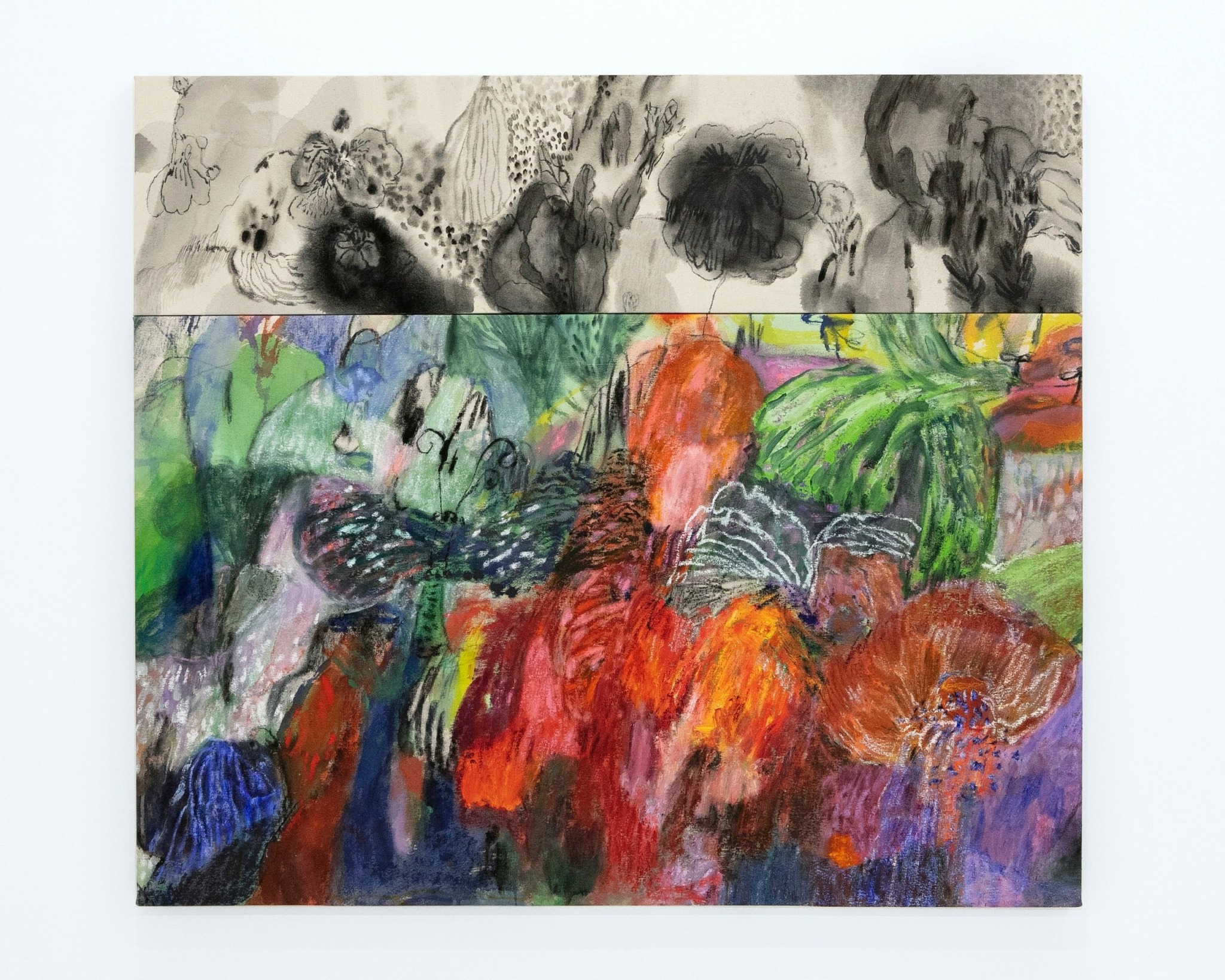

Image Credits
Photographs by Shaun Roberts and Francis Baker


